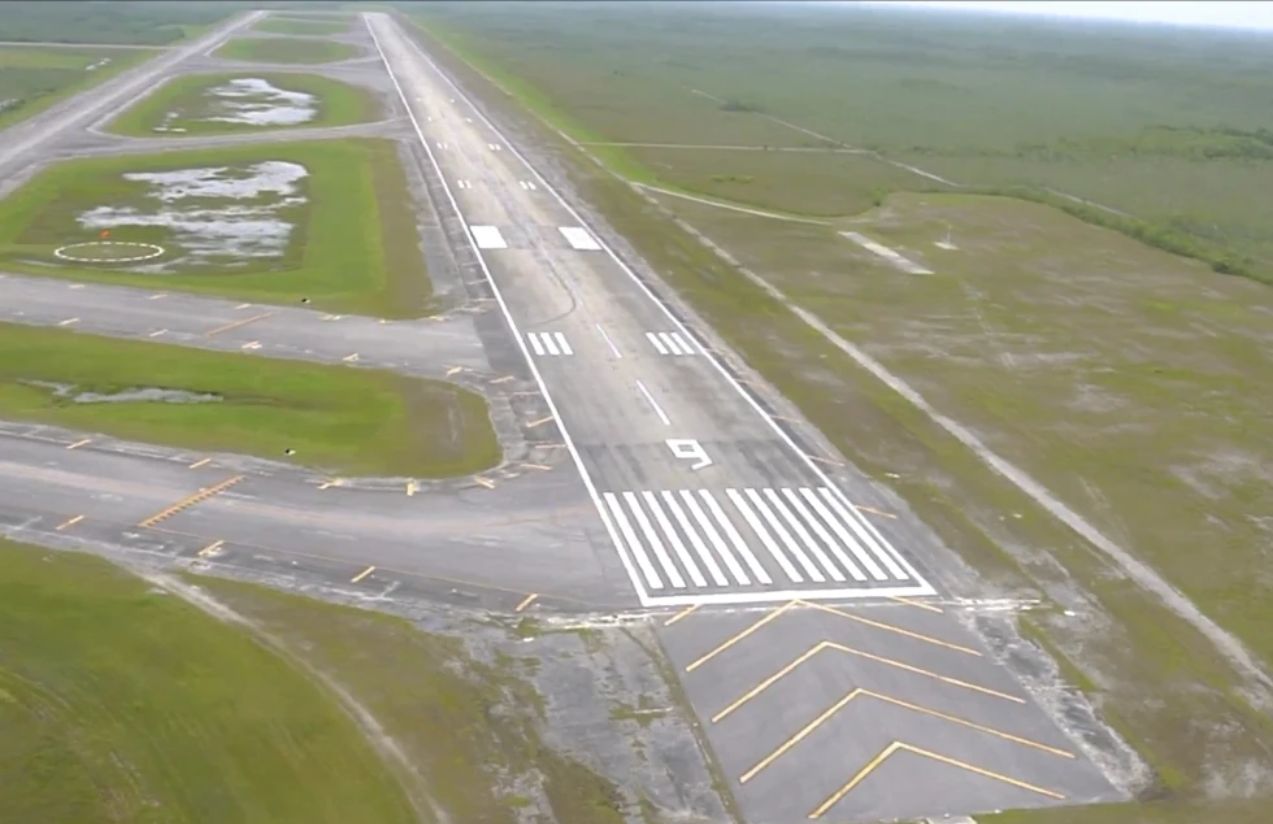President Donald Trump is set to visit a new immigrant detention center on Tuesday, located in a remote area of the Florida Everglades. The visit underscores his hardline stance on immigration, despite growing criticism over the project’s humanitarian and environmental implications.
The visit was confirmed Monday by Florida Governor Ron DeSantis, who said the facility would be ready for Trump’s arrival. “When the president comes tomorrow, he’ll be able to see it. I think it’ll be ready by then,” DeSantis told reporters.
DeSantis, who unsuccessfully challenged Trump for the Republican presidential nomination in 2024, said he spoke with the former president over the weekend and noted that the site has been approved by the Department of Homeland Security.
Speaking at an unrelated press conference in Wildwood, the governor defended the center’s location: “People will be taken there and won’t be able to go anywhere once inside, because there’s nothing around. The security is incredible.”
The construction has sparked protests over its potential impact on the Everglades’ delicate ecosystem and concerns about the harsh conditions for detainees. Some Native American leaders have also opposed the project, saying the land is sacred.
The facility is being built on a former airstrip about 50 miles west of Miami, surrounded by swampland teeming with mosquitoes, pythons, and alligators. It is expected to house up to 5,000 detainees.
Florida Attorney General James Uthmeier, in an interview with conservative media personality Benny Johnson, emphasized the site’s isolation: “There’s really no way in or out. If you’re detained there, you stay there,” he said.
The site has been informally dubbed “Alcatraz with Alligators,” a nickname embraced by the Trump administration. The Department of Homeland Security even shared an image online of alligators wearing hats emblazoned with the ICE (Immigration and Customs Enforcement) logo.
Although the project is being led by state officials, a significant portion of the funding is being provided by the Federal Emergency Management Agency (FEMA), which is typically known for its response to hurricanes and natural disasters.

